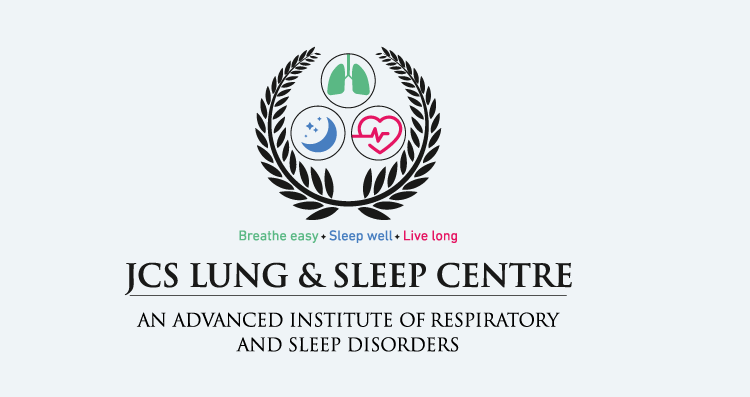Sleep Therapies

What Is Sleep Therapy?
Insufficient sleep can leave you feeling fatigued, irritable, and unable to maintain focus. It has the potential to negatively impact your performance at school or work, strain your relationships, and jeopardize your overall health and safety. In the United States alone, more than 100 million individuals suffer from inadequate sleep, with approximately 70 million experiencing sleep disorders.
Sleep therapy, a specialized form of therapy, aims to enhance the quality of your sleep. It can be particularly beneficial for addressing sleep disorders like insomnia and may also have positive effects on other mental and physical health conditions.
According to Sabrina Romanoff, PsyD, a clinical psychologist and professor in New York City, when dealing with sleep issues, it is crucial to determine the root cause. Is a sleep disorder contributing to mental health symptoms, or is mental health impacting sleep? Various common disorders, including depression, anxiety, bipolar disorder, substance abuse, OCD, and PTSD, have implications for sleep, she explains.
One of the most extensively studied and utilized types of therapy for insomnia is cognitive behavioral therapy for insomnia (CBTi), often regarded as the gold standard for evidence-based treatment of sleep problems, states Romanoff.
CBTi is a therapeutic approach that aims to identify and replace unhealthy thoughts and behaviors related to sleep with more beneficial habits and attitudes. Romanoff emphasizes that CBTi strives to incorporate effective sleep habits and behaviors while minimizing ineffective ones.
Sleep therapists specializing in CBTi may employ a range of techniques to help improve your sleep quality. As sleep can be influenced by various mental health concerns, the therapist will likely conduct a thorough assessment to determine the factors affecting your sleep and utilize multiple techniques for treatment.
Romanoff outlines several techniques that sleep therapists may employ:
- Sleep Hygiene: Enhancing sleep hygiene involves establishing healthy sleep-related habits and routines. This includes modifying lifestyle factors that impact sleep, such as limiting alcohol and caffeine consumption, avoiding smoking, and increasing physical activity. Additionally, it emphasizes the importance of maintaining a consistent sleep-wake schedule.
- Sleep Environment Optimization: Your therapist may recommend adjustments to your sleep environment to create a comfortable and conducive atmosphere for uninterrupted sleep. Suggestions may include keeping the bedroom quiet, dark, and cool, as well as removing any clocks or distractions.
- Stimulus Control: Stimulus control entails eliminating cues that condition your mind to resist sleep. For instance, if you often watch entertaining shows in bed, your brain may associate the bed with excitement rather than relaxation. Stimulus control encourages you to establish a consistent bedtime routine and reserve the bed solely for sleep. If you're unable to sleep within 20 minutes, your therapist may advise you to temporarily leave the bedroom and return only when you feel drowsy.
- Paradoxical Intention: CBTi incorporates a technique known as paradoxical intention, which involves deliberately committing to staying awake. Paradoxically, this approach reduces the worry and anxiety associated with the inability to sleep, making it easier to fall asleep.
Sleep therapy can address various conditions, including:
- Sleep disorders such as insomnia, restless leg syndrome, sleep apnea, and narcolepsy.
- Mental health conditions such as depression, anxiety, bipolar disorder, substance abuse, OCD, and PTSD.
- Physical health conditions since insufficient sleep increases the risk of developing conditions like diabetes, heart disease, stroke, and obesity.
Benefits of sleep therapy include:
- Enhanced Awareness and Understanding: Consulting a sleep therapist can provide valuable insights into the reasons behind your sleep difficulties. It can also help you become more aware of your daily routine and sleep hygiene habits.
- Targeting Unhelpful Thoughts: Therapy can help identify and correct unhelpful thoughts related to sleep, such as negative beliefs about your ability to sleep or unrealistic expectations regarding sleep duration.
- Promotion of healthy sleep habits: Sleep therapy assists in developing healthy sleep-related habits and routines that contribute to improved sleep quality.
- Treatment of Mental Health Issues: Sleep therapy can identify and address underlying mental health issues that impact sleep, offering a long-term solution to sleep difficulties.
- Reduced Dependence on Medication: Many individuals rely on sleep medications like sleeping pills as a temporary solution. However, sleep therapy aims to reduce dependence on such medications by addressing the root causes of sleep problems.
Regarding its effectiveness, Romanoff highlights that CBTi has been extensively researched in both clinical and real-world settings. A 2011 study demonstrated that CBTi resulted in improvements in insomnia symptoms, perceived energy levels, productivity, self-esteem, and overall well-being. Additionally, a 2019 study found that a brief CBTi program helped enhance sleep and mood in individuals with insomnia and depression.
In conclusion, sleep therapy, particularly cognitive behavioural therapy for insomnia (CBTi), offers a valuable approach to improving sleep quality. By targeting unhealthy thoughts and behaviours related to sleep, developing healthy habits, and addressing underlying mental health issues, sleep therapy can lead to significant benefits in various aspects of life. If you are experiencing sleep difficulties, considering sleep therapy may be a worthwhile option to explore.
